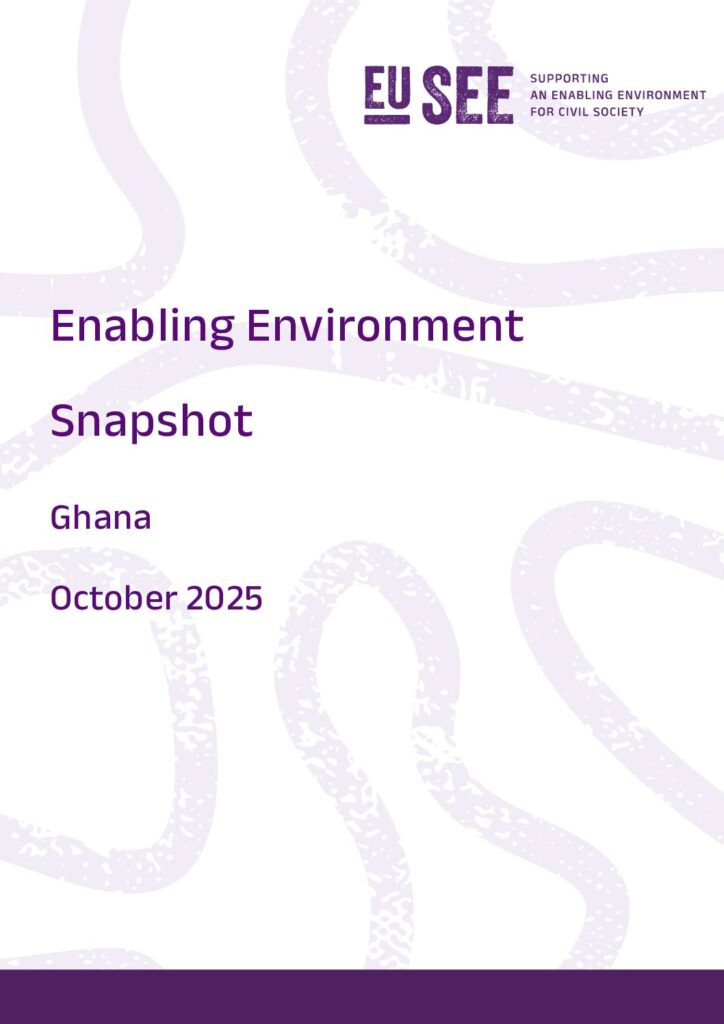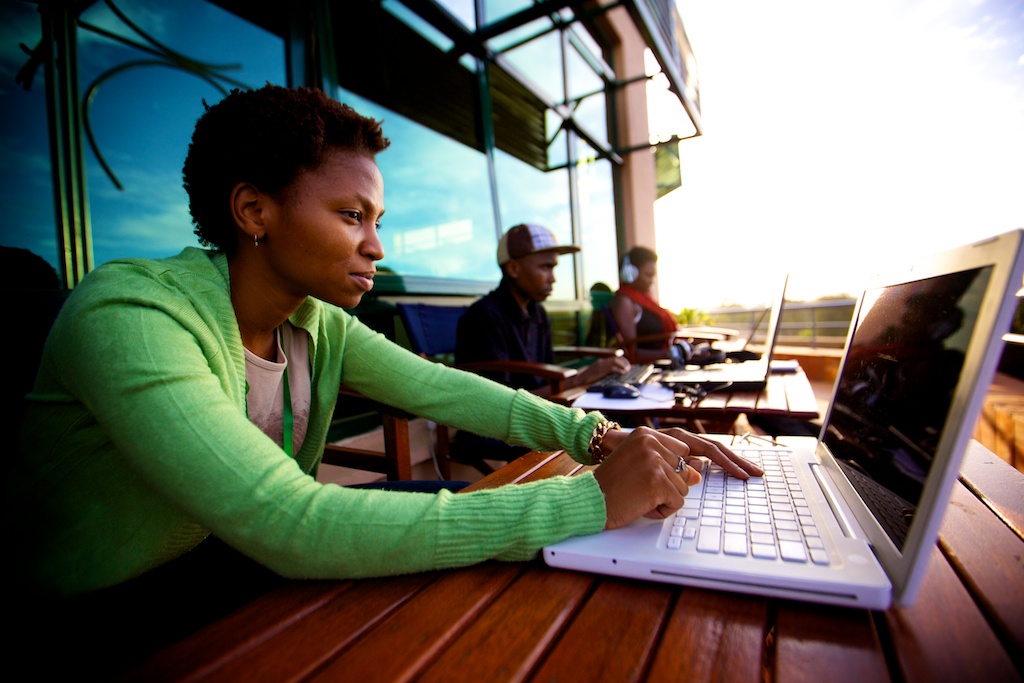Ghana remains a model of democratic stability in West Africa, with peaceful elections in December 2024 leading to a smooth transition of power from President Nana Akufo-Addo to John Dramani Mahama. However, despite this strong democratic reputation, civic space in Ghana continues to face serious challenges. The CIVICUS Monitor rates it as “obstructed”, citing attacks on journalists, disinformation campaigns, police brutality during protests, and the passage of a draconian anti-LGBTQ+ bill that criminalises same-sex relations and advocacy for LGBTQ+ rights.
Freedom of expression and assembly, though constitutionally protected, have been increasingly violated. Journalists face intimidation, arrests, and physical assaults, often by security agents. In June 2025, 62 radio stations were suspended by the National Communications Authority, signalling tightening control over the media.
The legal environment for CSOs remains generally enabling, with the upcoming Non-Profit Organisation (NPO) Bill aiming to improve regulation and participation. Yet, bureaucratic registration processes, declining international aid, and overreliance on foreign donors threaten CSO sustainability.
On a positive note, Ghana’s government has shown openness to engagement, particularly through the Affirmative Action Act (2024) and consultations on the NPO Bill and constitutional reforms. Civil society enjoys strong public and media support, and initiatives promoting local philanthropy and gender inclusion are gaining momentum.
Still, the civic space is constrained by rising digital insecurity, cybercrime, and potential reintroduction of the anti-LGBTQ+ bill, posing ongoing risks to human rights defenders and advocacy groups.

